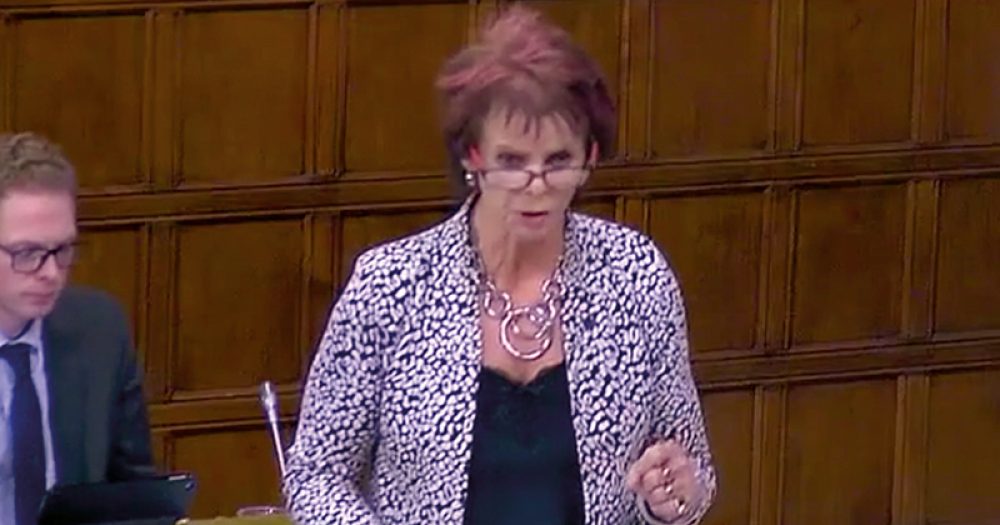The skills minister has vowed to “dig deeper” into the drop in level two apprenticeships, and whether it might be linked to the rise in management courses.
Anne Milton was speaking exclusively to FE Week following a parliamentary debate on apprenticeships and skills at which the issue was raised.
“We need to understand exactly what’s going on,” she said.
In addition to research set to be carried out by the Department for Education into the falling number of apprenticeships at level two, it was “fair to say” that similar research would be carried out on the rising number of higher-level starts, Ms Milton said.
“I’m looking at it all really,” she added.
“What’s happening at the top and what’s happening at the bottom, and critically are the two related? Is there any correlation between the two?”
Questions that needed to be answered around the drop in level two included whether young people were “becoming NEETs” instead, or if they were working and “aren’t prepared to take the lower salary they would get doing a level two apprenticeship”, Ms Milton said.
Her remarks followed a Westminster Hall debate on apprenticeship and skills policy on Tuesday, called by Bradford South MP Judith Cummins, at which the minister said she would “dig deeper” into the drop in level two starts.
Final figures for 2017/18, published in December, revealed that starts at this level had fallen by more than a third in the space of a year, from 260,700 in 2016/17 to 161,400.
The proportion of overall starts at level two had also fallen to its lowest yet – from a high of 65 per cent in 2013/15 down to 43 per cent in 2017/18.
At the same time, the number of apprenticeships at level four and above rose by almost a third, from 36,600 in 2016/17 to 48,200.
“We are not absolutely sure what is behind the figures,” Ms Milton told MPs.
The drop in level two starts was raised earlier in the debate by shadow skills minister Gordon Marsden, while education select committee member, and MP for Hull West, Emma Hardy also spoke about the importance of level two in terms of progression.
“Level two apprenticeships have fallen, but we have seen a huge rise in management apprenticeships. I do not know what the real story is here – does the minister?” Mr Marsden asked.
“Has the government’s failure on level two been a market consequence of the way that they sold the levy? I do not know; perhaps the minister can enlighten us,” he continued.
Ms Hardy said that level two apprenticeships were often dismissed as a “nothing qualification, or a qualification that is not viewed very highly” – unlike GCSEs which were seen as a “a tool for going through and getting A-levels, which are a tool for going through and getting a degree”.
“We do not see level two apprenticeships as the tool that gets someone to a level three apprenticeship, which is the tool to get to level four,” she said.
Other issues raised during the debate included the administrative burden of the apprenticeship system, which Ms Cummins said many smaller employers in Bradford found “extremely difficult to manage”, and the regional imbalances in the skills system.
John Howell, MP for Henley, spoke about the importance of work placements in giving young people transferable skills to prepare them for an apprenticeship, while Lee Rowley, MP for North East Derbyshire, raised the topic of equipping people with softer skills, such as persistence and flexibility, to enable them to navigate the workplace of the future.








Your thoughts